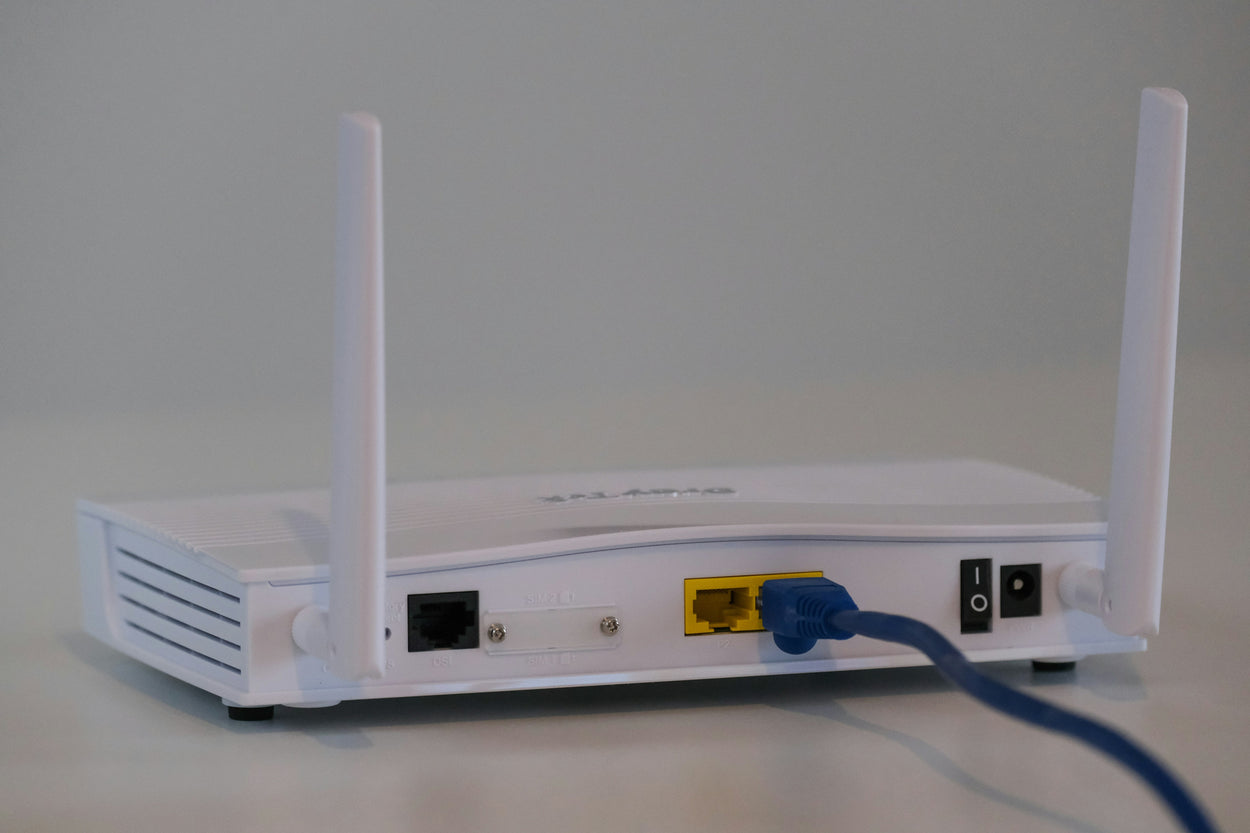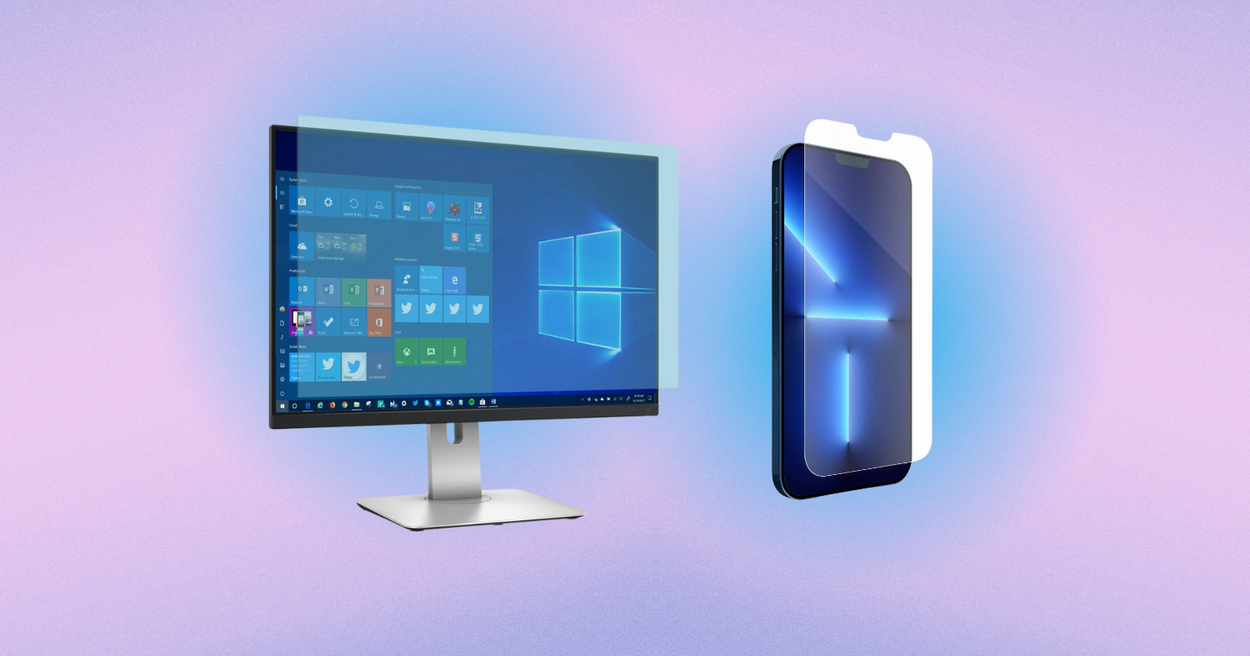In today's digital age, a reliable and fast internet connection is essential for both personal and professional activities. The United Kingdom boasts a diverse range of internet service providers (ISPs), each offering unique packages tailored to various needs. This guide delves into the top UK internet providers for 2025, helping you make an informed decision.
1. Understanding Broadband Types
Before exploring individual providers, it's crucial to understand the different types of broadband connections available:
- ADSL (Asymmetric Digital Subscriber Line): Utilizes existing telephone lines, offering download speeds up to 24 Mbps. It's widely available but may not support high-bandwidth activities seamlessly.
- Fibre Optic Broadband: Transmits data via light through fibre optic cables, providing faster and more reliable connections.
- FTTC (Fibre to the Cabinet): Fibre cables run to the street cabinet, with copper wires connecting to homes, offering speeds up to 80 Mbps.
- FTTP (Fibre to the Premises): Fibre cables run directly to homes, delivering speeds up to 1 Gbps or higher.
- Cable Broadband: Offered by providers like Virgin Media, combining fibre and coaxial cables to deliver high-speed internet.
- Mobile Broadband: Uses 4G or 5G networks to provide internet access, suitable for areas lacking fixed-line connections.
2. Top UK Internet Providers in 2025
The UK market hosts several prominent ISPs, each with distinct offerings:
a. BT (British Telecom)
- Speed: Up to 900 Mbps.
- Bundling: Options to bundle broadband with TV and phone services.
- Customer Service: 24/7 support with a focus on reliability.
b. Sky Broadband
- Speed: Up to 500 Mbps.
- Entertainment: Seamless integration with Sky TV services.
- Customer Satisfaction: High ratings for service reliability.
c. Virgin Media
- Speed: Up to 1 Gbps.
- Coverage: Predominantly available in urban areas.
- Bundling: Combines broadband with TV, phone, and mobile services.
3. Comparative Analysis of Providers
| Provider | Max Speed Offered | Coverage Area | Bundling Options | Customer Service Rating |
|---|---|---|---|---|
| BT | Up to 900 Mbps | Nationwide | TV, Phone | High |
| Sky Broadband | Up to 500 Mbps | Nationwide | TV, Phone | High |
| Virgin Media | Up to 1 Gbps | Urban Areas | TV, Phone, Mobile | Moderate |
| TalkTalk | Up to 900 Mbps | Nationwide | TV, Phone | Variable |
| Vodafone | Up to 900 Mbps | Growing Coverage | Mobile | Moderate |
| Plusnet | Up to 66 Mbps | Nationwide | Phone | High |
| Hyperoptic | Up to 1 Gbps | Selected Urban Areas | None | High |
4. Factors to Consider When Choosing an ISP
- Speed Requirements: Assess your internet usage to determine the necessary speed.
- Availability: Check provider coverage in your area.
- Pricing: Consider both monthly and upfront costs.
- Customer Service: Reliable support is crucial for resolving issues.
- Contract Terms: Be aware of contract lengths and termination fees.
5. Future Trends in UK Broadband
- Expansion of Full-Fibre Networks: Openreach and CityFibre are accelerating the rollout of FTTP networks.
- 5G Integration: Offers high-speed alternatives, especially in rural areas.
- Increased Competition: New ISPs are challenging traditional providers.
Get Latest News & Tech Trends at EchoPublic





